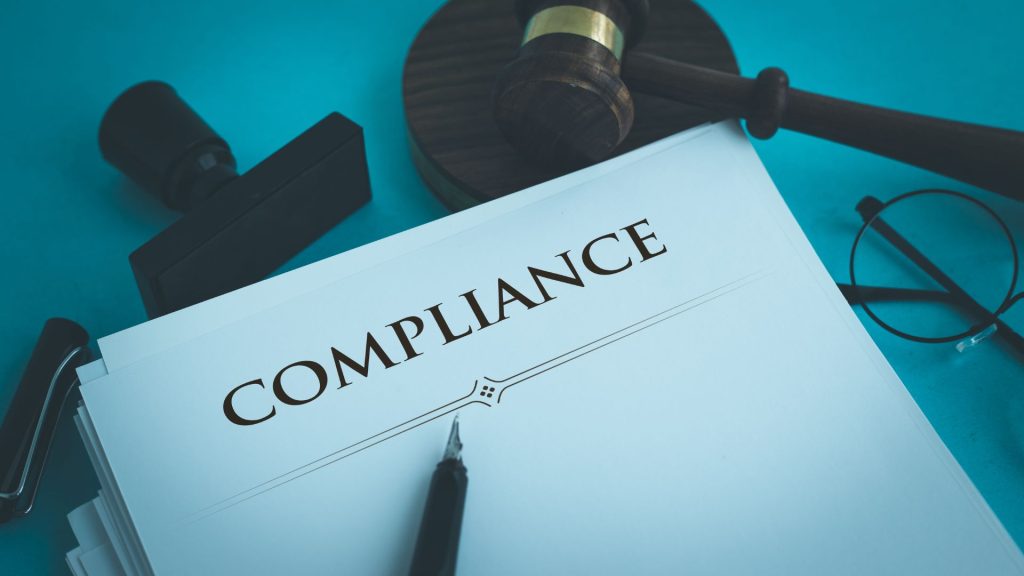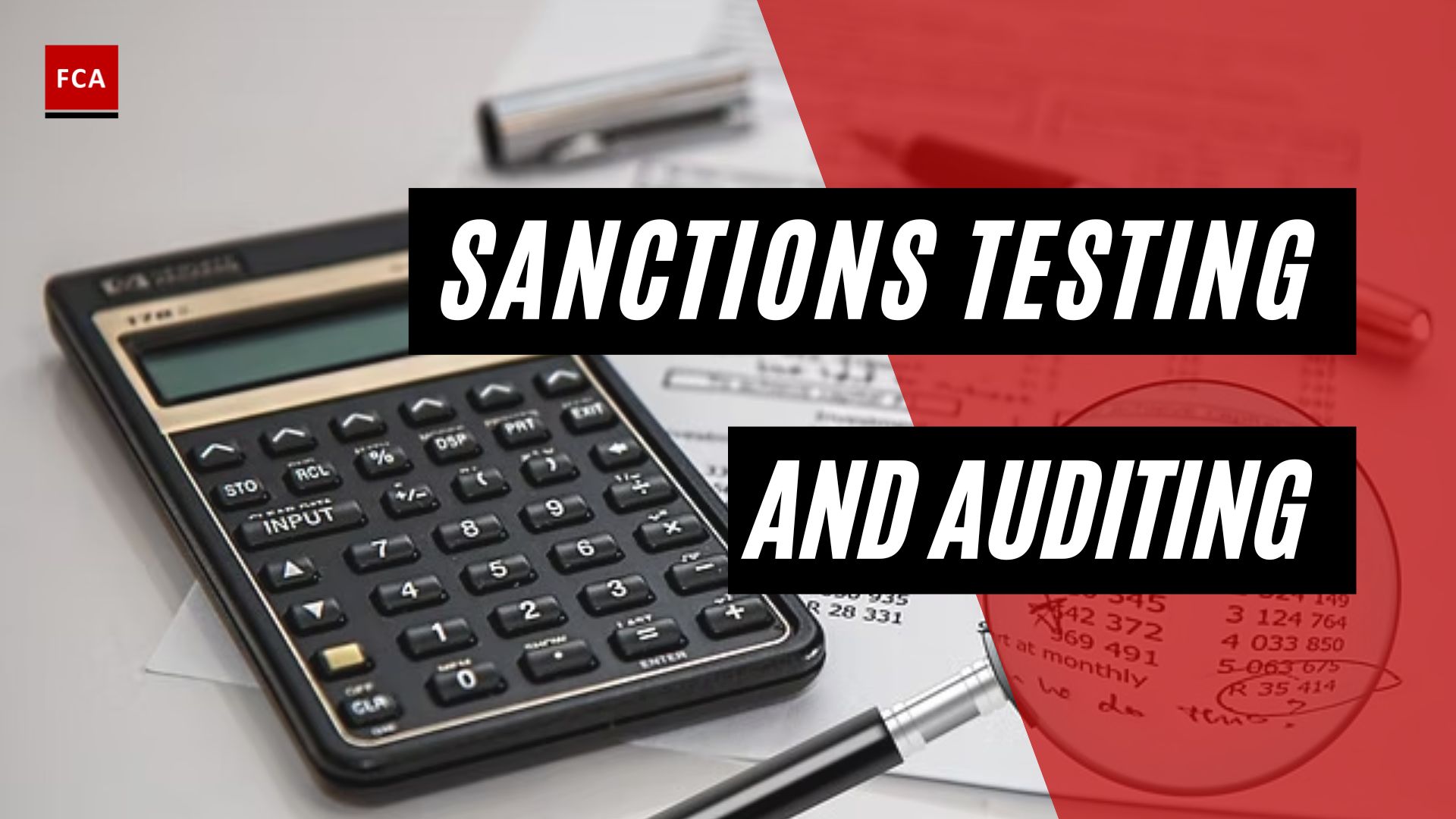Compliance refers to the act of conforming to rules, regulations, and standards set forth by governing bodies, organizations, or industries. This can apply to various fields, including business, finance, healthcare, and legal areas.
This is crucial in many industries to maintain safety, security, and ethical standards. For example, financial institutions must comply with regulatory requirements to prevent money laundering and protect customer data. Similarly, healthcare organizations must comply with medical regulations to ensure patient safety and privacy. Failure to comply with regulations can result in legal and financial consequences, including fines and penalties.

Compliance Definition
Compliance means identifying, understanding, and applying laws and regulatory requirements applicable to an organization. Regulatory authorities issue frameworks, guidelines, instructions, circulars, notices, directives, etc., to facilitate the organization’s day-to-day activities. Such regulatory requirements facilitate organizations and institutions to develop and implement appropriate processes and systems that help achieve overall objectives and ensure doing business transparently and ethically. It is the responsibility of every employee of the organization. Therefore, they must identify and understand the relevant and applicable trade-related regulatory requirements.
The management hires an experienced officer who provides advisory services and training to the organization’s employees to facilitate the employee’s compliance with applicable regulatory requirements. The compliance officer must be knowledgeable and understand the regulatory requirements.
It refers to the act of following established laws, regulations, and standards that apply to a particular industry or organization. Overall, compliance is critical for organizations to operate legally, ethically, and sustainably, while also maintaining their reputation and managing risks.
What Is a Compliance Officer?
A compliance officer is a company employee who ensures that the company is in compliance with its external regulatory and legal requirements, as well as internal policies and bylaws. The chief compliance officer is typically in charge of a company’s compliance department.
Compliance officers owe it to their employers to collaborate with management and staff in order to identify and manage regulatory risk. Their goal is to ensure that an organization has adequate internal controls in place to measure and manage the risks it faces. Compliance officers provide an in-house service that effectively assists business units in meeting their legal, regulatory, and internal procedures obligations. The compliance officer is frequently, but not always, the company’s general counsel.

Final Thoughts
Compliance refers to the act of following rules, regulations, and laws that have been set by regulatory bodies, governments, or other organizations. It can be important for various reasons, such as maintaining safety standards, protecting confidential information, preventing fraud and abuse, and ensuring ethical behavior.
In a business context, it often refers to adhering to laws and regulations related to financial reporting, data privacy, anti-corruption, and other areas that affect a company’s operations. Organizations may establish compliance programs to ensure that their employees understand and follow these rules and regulations. Failure to comply with regulations can result in legal and financial consequences for businesses and individuals.








